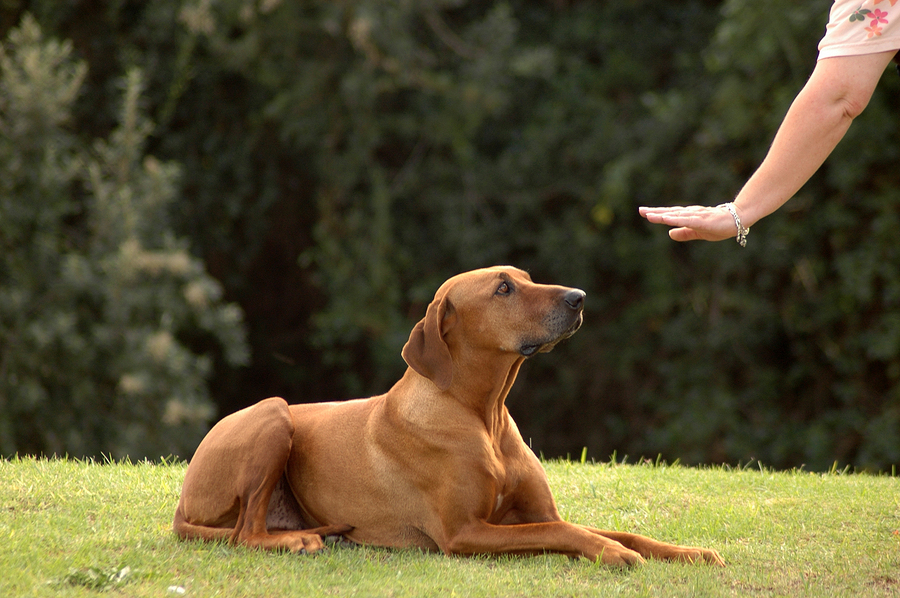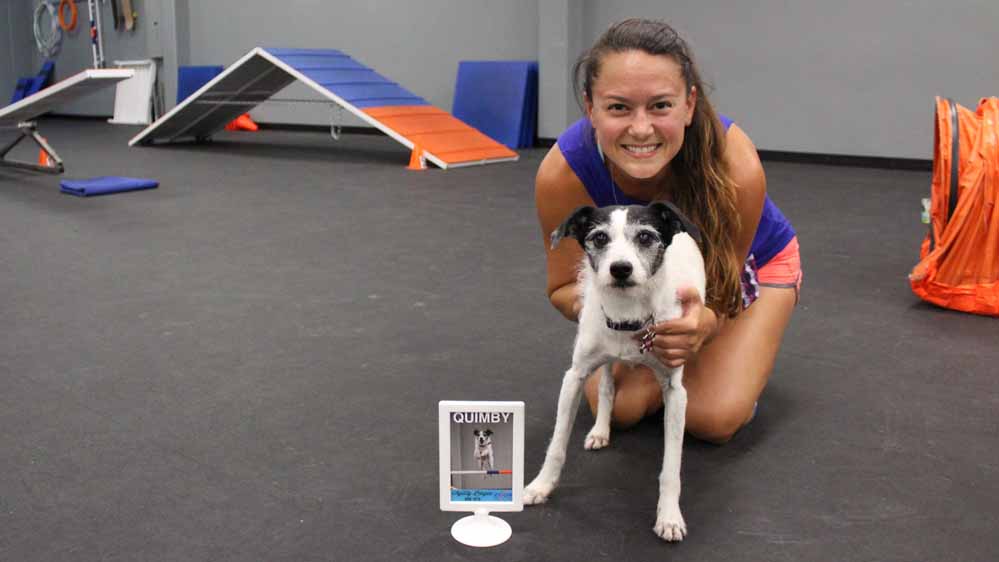Explore the Different Types of Dog Training Available for Your Furry Friend
Recognizing the different types of canine training is essential for boosting your canine companion's habits and cultivating a stronger bond. From basic obedience to innovative strategies such as dexterity and aroma work, each training approach supplies one-of-a-kind advantages customized to both the dog's and owner's demands.
Basic Obedience Training
Standard obedience training lays the foundation for a well-behaved canine, setting the stage for a harmonious partnership between pet and proprietor. This essential training focuses on teaching canines essential commands such as sit, stay, come, down, and heel. These commands not only enhance communication but additionally promote safety and security in different environments.
The training process normally starts with positive reinforcement techniques, where benefits such as deals with or appreciation are offered when the canine effectively follows a command. This technique urges a positive knowing atmosphere, inevitably promoting trust fund between the pet dog and the owner. Consistency is vital; routine practice makes sure that the pet preserves commands with time.
In addition, standard obedience training aids to address typical behavioral problems, such as jumping, barking, or drawing on the leash. By establishing clear limits and expectations, owners can decrease unwanted habits and enhance their canine's socialization abilities.

Advanced Training Techniques
Advanced training techniques build on the fundamental abilities developed in fundamental obedience training, using a pathway to improve a canine's capacities and responsiveness. These methods usually include specialized abilities and commands, allowing pets to carry out tasks that need higher degrees of focus and knowledge.
One popular approach is agility training, where canines browse obstacle programs, improving their physical sychronisation and psychological sharpness. This not just supplies exercise however also reinforces the bond in between pet and trainer with team effort and communication.
An additional advanced method is scent work, which use a dog's natural olfactory abilities. This training motivates pet dogs to identify and find particular scents, enhancing their emphasis and problem-solving abilities. Such activities can be specifically valuable for types predisposed to monitoring.
Service pet dog training is one more essential area, where canines learn to assist people with handicaps. This training needs a high level of obedience and specialized abilities tailored to the particular requirements of their trainers.
Behavior Alteration Techniques
Effective canine training extends beyond teaching commands and skills; it likewise encompasses habits modification methods that resolve unfavorable behaviors. These strategies are vital for remedying issues such as hostility, extreme barking, and separation stress and anxiety, ensuring a harmonious relationship between pet dogs and their proprietors.
One commonly acknowledged technique declares support, which entails satisfying preferred behaviors to encourage their recurrence. This technique works in reinforcing excellent routines while reducing fear or stress and anxiety in the dog. Conversely, aversive techniques, such as penalty or negative reinforcement, are generally prevented by specialists as a result of their potential to develop worry and anxiety, leading to further behavior problems.
An additional essential technique is desensitization, which progressively subjects pet dogs to the stimuli that provoke unwanted behaviors in a controlled way. This process aids pet dogs find out to continue to be calm and made up in situations that would usually set off anxiety or aggression.
Counter-conditioning is typically used in conjunction with desensitization, where the canine discovers to associate favorable experiences with formerly adverse stimuli. Both strategies need patience and consistency, making them effective tools for accomplishing resilient behavioral change. By using these habits adjustment approaches, pet dog proprietors Click This Link can foster a pleased and well-adjusted canine friend.
Specialized Training Programs
In the world of canine training, specialized training programs accommodate details demands and goals, using tailored strategies that improve a canine's capabilities and address unique obstacles. These programs are made for different functions, including service canine training, treatment dog preparation, and even competitive sports training.
Service pet training concentrates on equipping dogs with the abilities needed visit here to assist individuals with disabilities, such as directing aesthetically impaired owners or notifying to clinical emergency situations. This training is extensive and frequently calls for a mix of obedience, socializing, and details task-oriented skills.
Therapy canine programs aim to prepare pet dogs for emotional assistance functions in medical facilities, colleges, and assisted living home. These canines need to show peace, sociability, and a gentle attitude, guaranteeing they can offer convenience to those in distress.
Additionally, competitive sporting activities training, such as dexterity or obedience tests, emphasizes physical fitness, accuracy, and synergy between the canine and trainer. These programs require a high level of commitment and technique, promoting a strong bond while developing the pet's sports capacities.
Enjoyable and Interactive Training Activities
Exactly how can pet dog training be both delightful and efficient? The solution hinges on incorporating enjoyable and interactive training tasks that boost your dog's mind while reinforcing vital skills. Engaging your dog through play not only enhances the bond in between you and your furry good friend however also enhances their understanding experience.
One reliable way to attain this is through agility training, where canines browse obstacle programs that challenge their physical and mental capabilities. This activity urges analytical and boosts sychronisation, making it an More hints excellent selection for active breeds. An additional choice is utilizing problem playthings that dispense deals with, which can maintain your dog mentally involved and motivated to find out.
In addition, integrating games like bring or hide-and-seek can make training sessions more vibrant. These activities motivate the dog to react to commands in an enjoyable context, promoting obedience while enabling social communication.

Final Thought
In conclusion, numerous kinds of canine training are necessary for boosting canine habits and cultivating a strong human-animal bond. Discovering these diverse training choices gears up dog owners with the devices essential to grow well-shaped, delighted, and loyal friends.
Understanding the numerous kinds of pet training is necessary for improving your canine friend's behavior and promoting a stronger bond. From fundamental obedience to sophisticated techniques such as agility and aroma work, each training approach supplies special benefits customized to both the dog's and owner's requirements.Fundamental obedience training lays the foundation for a mannerly pet dog, setting the stage for an unified relationship between pet and owner.The training process usually begins with favorable support techniques, where incentives such as treats or praise are offered when the dog successfully adheres to a command.In final thought, different types of canine training are necessary for enhancing canine behavior and promoting a solid human-animal bond.